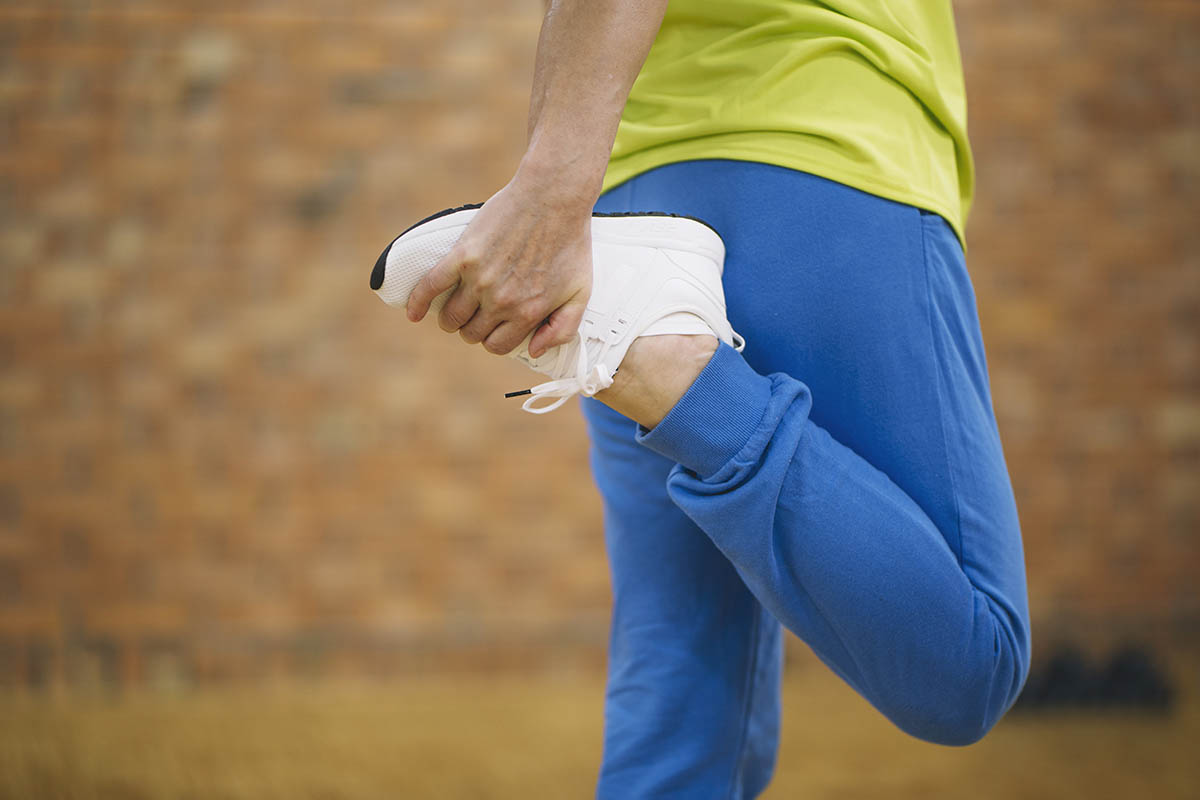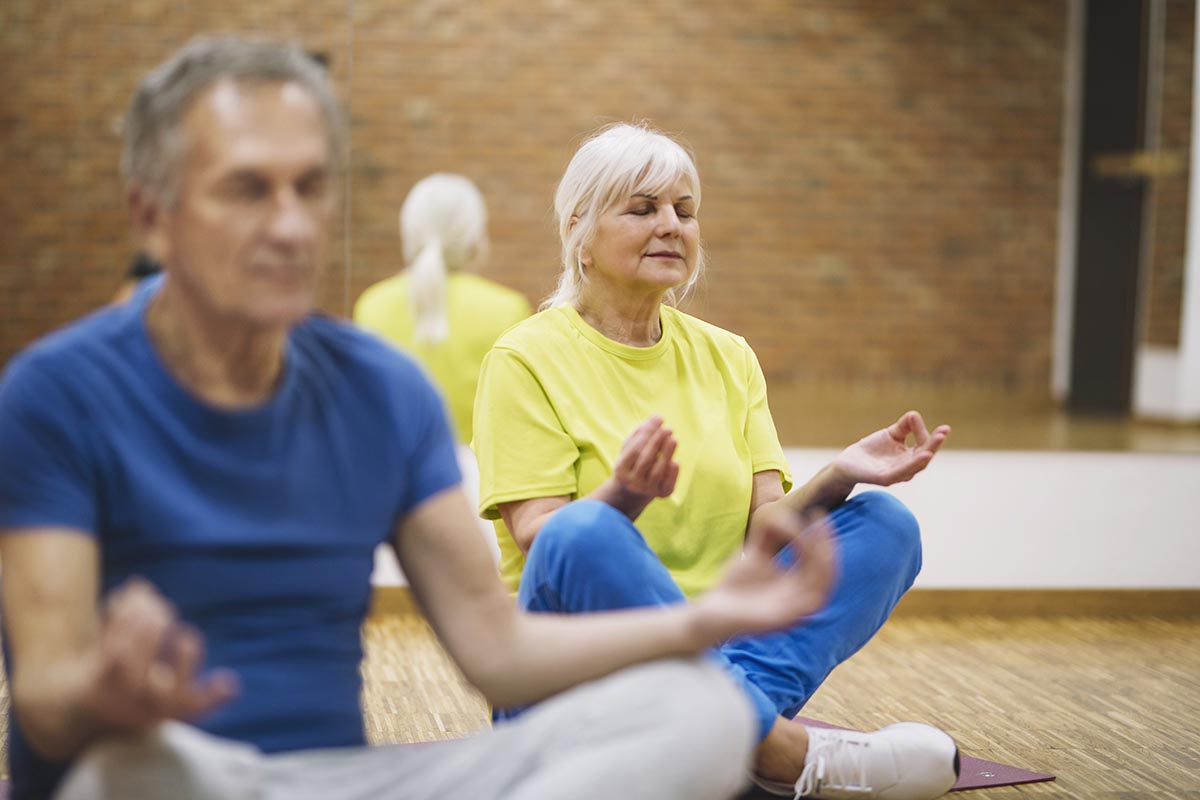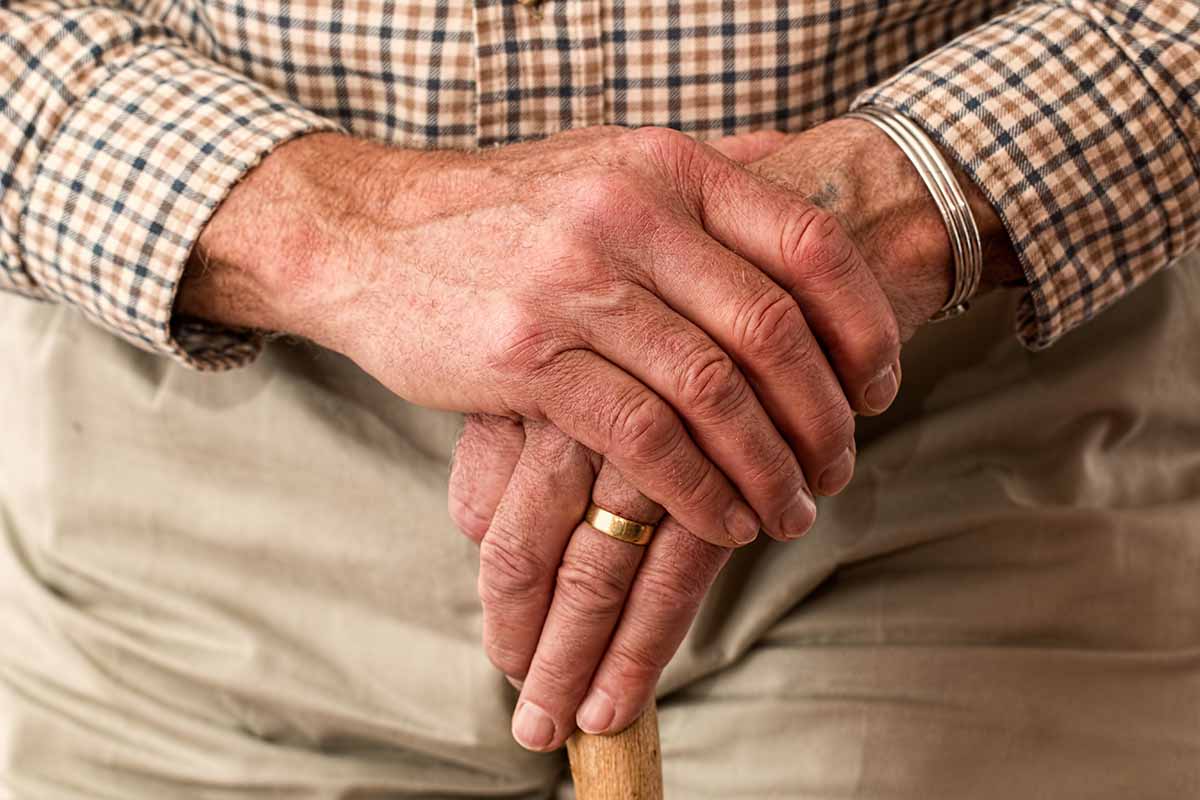How to Keeping Fit in Later Life
We all know we should keep fit – that we should do 30 minutes of exercise three times a week or whatever the latest advice is. Or could that be one and a half hours in total and is the equivalent amount in one session better or worse for use?
There are so many messages on social media, articles in the papers, segments in the news, leaflets sent home by well-meaning doctors. It’s hard to know who to believe and where to start if you’ve never been much of a fitness freak. But have you ever actually wondered why it’s so important to keep fit – at all stages of life but especially in later life?
Always look on the bright side
Even if you can only manage a gentle daily walk it has been shown that exercise improves your mood and can help to prevent or manage depression.
So it doesn’t just have a physical impact on our bodies but also a positive impact on our mental health and well-being.
Getting out in the sunshine (when it is actually shining, of course) and taking a stroll to “blow away the cobwebs” is as important in your seventies as it was when you were seven. If you are fortunate enough to have live-in care services then your dedicated carer can help you to motivate yourself for a walk and accompany you on your way, which is always a more enjoyable proposition than alone walk.
Avoid falls
As you get older your muscles don’t work as well as they used to and your balance is likely to be worse; neither is your eyesight what it once was. This combination of physical frailty and poorer eyesight means that the risk of tripping or stumbling increases with age for many people. And as you get older you don’t bounce as easily as you used to, bones are more brittle and a fall that would have just knocked the wind out of us in our younger days can now result in fracturing or breaking a bone.
Falls and their resulting injuries are the top reason that people over retirement age are taken to the hospital – especially if they live alone and don’t have home care services to keep an eye on them.
Keeping yourself as fit and active as possible is a simple way to reverse the risk of such common injuries in older people. Taking a daily stroll or a specialist low-impact fitness class can improve your muscle tone and reduce the risk of taking a tumble.
And, don’t forget to have regular eye check-ups to be sure you have the right glasses or contact lenses so that poor eyesight doesn’t add to the risk of physical injury.
Keep Your Heart Healthy
Another muscle that starts to notice the strain of a lifetime in your heart. Waking it up from time to time and making it work a little harder, by going for a walk, a gentle game of tennis or a swim, and increasing your heart rate even just a little can improve it’s health immensely.
Having a healthy heart makes it less likely to fail and reduces the risk of complications such as high blood pressure and diabetes that can blight your twilight years. A healthy heart is fundamental to the good health of all our other organs so if there’s just one thing you do to boost fitness in later life – get your heart pumping.
Boost your metabolism
As we age our metabolisms slow down. Slower metabolisms make it easier to over-eat and we all know that the result of overeating is being overweight. Whilst we may not worry so much about how we look when we are older, being over-weight puts undue strain on all the organs in our body.
Not only is carrying too much weight a risk factor in diseases such as diabetes and heart disease it also makes it harder to keep mobile as the effort required to move is greater. Thus, if you allow yourself to become sedentary you enter a vicious cycle where in order to keep moving you need to lose weight and in order to lose weight, you need to get moving. Keeping active in the first place is the key to avoiding this dangerous and downward spiral that could result in a miserable old age.
Keeping up with the grand-children
Perhaps the most important reason to keep yourself active in later years is to allow you to continue interacting meaningfully with your grandchildren.
Small children find it hard to understand why you can’t play football or catch a ball or even just walk to the park to push them on the swings.
Why would you want to miss out on those opportunities to enjoy the simple pleasures that young children experience doing things for the first time? The joy of seeing a young child ride a bike for the first time or swim their first length of the pool – these are some of the ways families bond and build lifelong relationships that are good for all of us.
So next time you are tempted to stay at home doing nothing much – think of the grand-children and maybe that will give you the impetus to get up and out and continue living a fulfilling life even in your later years.





















